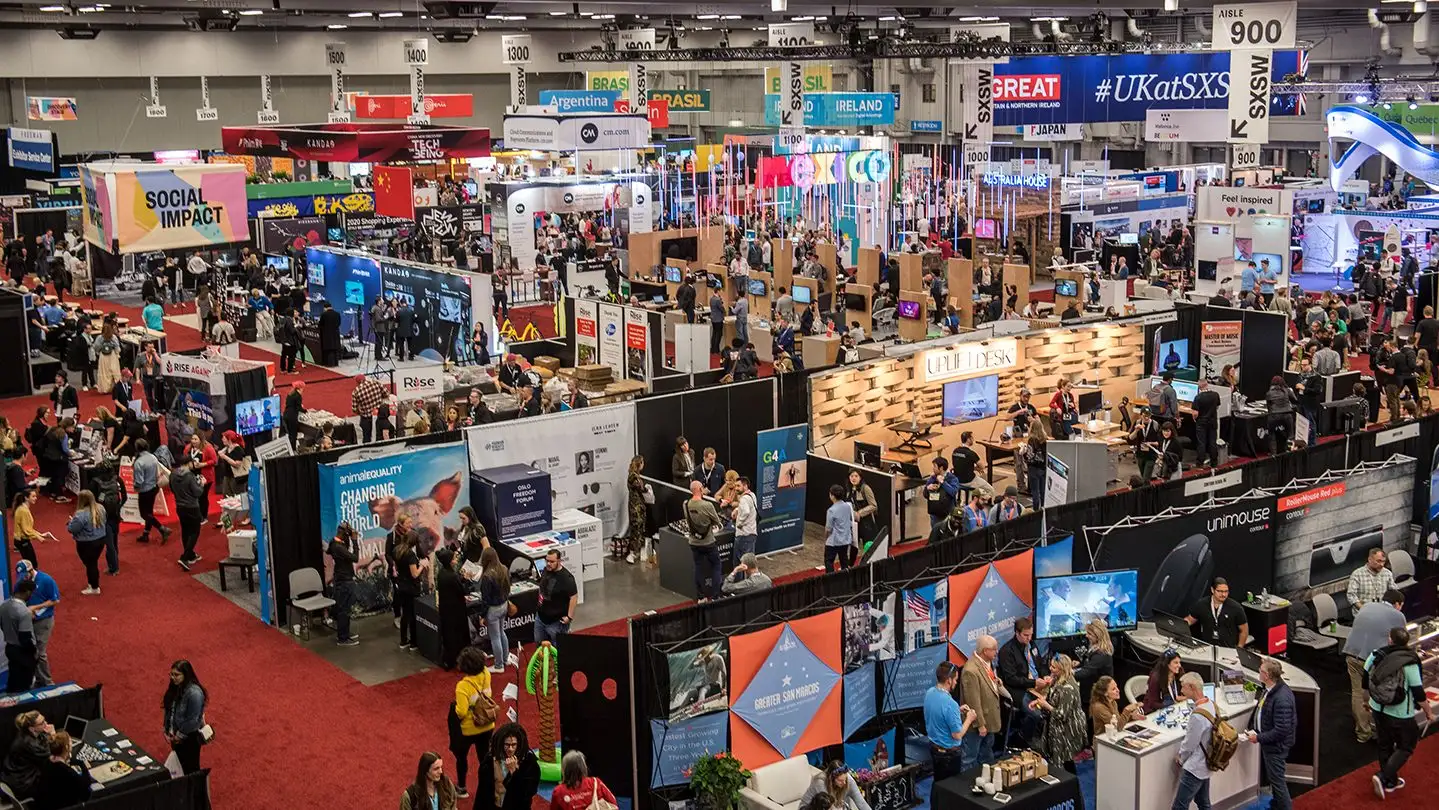Technology has revolutionized product presentations and demos, so trade show attendees want more than simply finding what they need at trade shows – they want quality conversations with industry leaders that foster meaningful connections that lead to new business opportunities.
Hybrid events and virtual expos can provide both attendees and exhibitors with an exciting event experience.
Personalization
Personalized emails can create an atmosphere in which attendees feel valued and understood, increasing their likelihood of attending future trade shows. Personalization also boosts attendance at an event by targeting specific audiences; this can be accomplished using tactics such as searching and demographic identification to target relevant leads.
data-driven event platforms enable more accurate reporting, comparing the performance of in-person and virtual attendees. From custom fields at registration to real-time polling and surveys during an event, consolidated reporting allows stakeholders to make more informed decisions. Hybrid events also present sponsors with an opportunity to connect with attendees through sponsored breakout rooms, profiles, booths or more – increasing ROI while offsetting costs associated with hosting an event. By encouraging attendees to network among themselves and share videos, images or thoughts afterwards, an increased sense of community can develop that can extend far beyond its conclusion.
Niche Events
Trade shows provide companies with an invaluable opportunity to expand their brand’s visibility and connect with a specialized audience. In addition, trade shows allow companies to interact directly with potential customers – an experience which has proven essential when making purchasing decisions.
Utilizing their unique selling point, businesses can take full advantage of trade shows by targeting specific demographics or regions with tailored events. These complementary events make a perfect complement to larger trade show events and can take place either physically or virtually.
Example: An eco-friendly cleaning products company could design a booth to highlight its products and offer demonstrations on how they should be used, leaving a lasting impression with attendees and cementing its position in the industry. Furthermore, by targeting a more specific audience at trade shows they could reduce costs considerably and improve sales strategies and marketing campaigns significantly.
Sustainability
At a time when environmental awareness is at a peak, exhibitors have prioritized sustainability as a major strategy to meet customer demand for companies committed to environmental responsibility. This trend can be explained by companies wanting to appeal to specific demographics who value companies that demonstrate strong commitment.
Integrating sustainability into exhibition design is simple and won’t compromise creativity or quality. For instance, designing space-only booths using reusable poles and recyclable fabric with unique designs are an easy way to reduce non-reusable material use while simultaneously communicating brand messages visually.
Other sustainable trade show solutions include employing digital communication tools, reducing food waste and adopting eco-friendly transport and accommodation practices. Many exhibitors are choosing to offset their carbon emissions through projects like reforestation or renewable energy investment; this helps create an impressive brand image with environmentally conscious attendees and peers at your event. In order to meet this goal successfully requires a holistic approach including venue selection, exhibitor initiatives and partnership agreements with eco-conscious sponsors.
Technology
Technology is an essential ingredient when it comes to drawing attendees in, yet striking the appropriate balance between technology and humanity when planning events is essential for their success. Too much technology may make events feel impersonal or less engaging.
Many exhibitors are taking to leveraging apps to engage their target audiences, including virtual attendees. Apps allow exhibitors to send personalized push notifications that drive traffic and boost engagement; real-time updates; track attendee data; track attendee engagement rates and create cross-networking opportunities – among others.
Trade shows are becoming more sophisticated with technology advancements that include interactive digital displays and booth gamification – these tools allow attendees to engage with products and services in an enjoyable and unique manner. 5G connectivity and IoT beacons such as beacons can also provide real-time location and navigation assistance, adding real value to event experiences while helping manage crowd movement during peak hours.


